
Navigating the Landscape of Fuel Filtration: Essential Insights into Gasoline Filter Technology
In today's industrial landscape, particularly within sectors heavily reliant on internal combustion engines and fuel transfer systems, the integrity of fuel quality is paramount. Contaminants in gasoline can lead to significant operational inefficiencies, premature equipment wear, and costly downtime. This necessitates the use of advanced filtration solutions. A key component in safeguarding fuel systems is the gasoline filter funnel, a specialized device designed to efficiently separate impurities from fuel during transfer or refueling processes. Beyond simply blocking particles, modern gasoline filter funnels often incorporate features for water separation, ensuring that even microscopic water droplets, which can cause severe damage through corrosion and emulsification, are effectively removed. The growing demand for cleaner fuels and more stringent emission standards has propelled innovation in this field, pushing manufacturers to develop filter media with enhanced particle retention capabilities and extended service life. The global fuel filter market, valued at approximately $4.5 billion in 2022, is projected to reach $6.8 billion by 2030, growing at a CAGR of 5.3%, driven by increasing vehicle parc, stringent emission norms, and rising awareness about fuel quality maintenance.
The evolution of fuel systems, from traditional carbureted engines to sophisticated direct injection systems, has placed greater demands on filtration efficiency. Fine particulate matter and moisture, if unchecked, can lead to injector clogging, accelerated wear of precision components, and compromised combustion efficiency. This not only impacts engine performance but also elevates maintenance expenditures and environmental impact. Therefore, selecting a robust and effective gasoline filter funnel is a critical decision for fleet operators, industrial facilities, and maintenance professionals. Consideration must be given to factors such as filter medium type, flow rate capacity, particle retention efficiency (measured in microns), and compatibility with various fuel types and additives. Technologies like hydrophobic membranes and specialized resin-impregnated media are increasingly being utilized to achieve superior separation performance. Understanding these nuances is vital for optimizing operational longevity and ensuring compliance with industry standards, ultimately contributing to a more sustainable and cost-effective operational framework.
The Meticulous Craft: Manufacturing and Material Science of Gasoline Filters
The manufacturing process of a high-performance gasoline filter funnel is a testament to precision engineering and advanced material science. It typically commences with the selection of premium-grade raw materials. The funnel body is often crafted from durable, chemical-resistant polymers such as High-Density Polyethylene (HDPE) or Nylon, which offer excellent resistance to fuel degradation, UV exposure, and impact. For more rigorous industrial applications or specialized fuels, stainless steel (e.g., SS304, SS316L) may be employed, utilizing processes like deep drawing or hydroforming to achieve seamless construction, followed by passivation to enhance corrosion resistance. The core filtration element, often referred to as a gasoline filter screen or strainer, is critical. This screen is typically made from highly durable synthetic media like polyester or polypropylene non-woven fabrics, often multi-layered for graded filtration, or precision-etched stainless steel mesh for extreme durability and reusability.
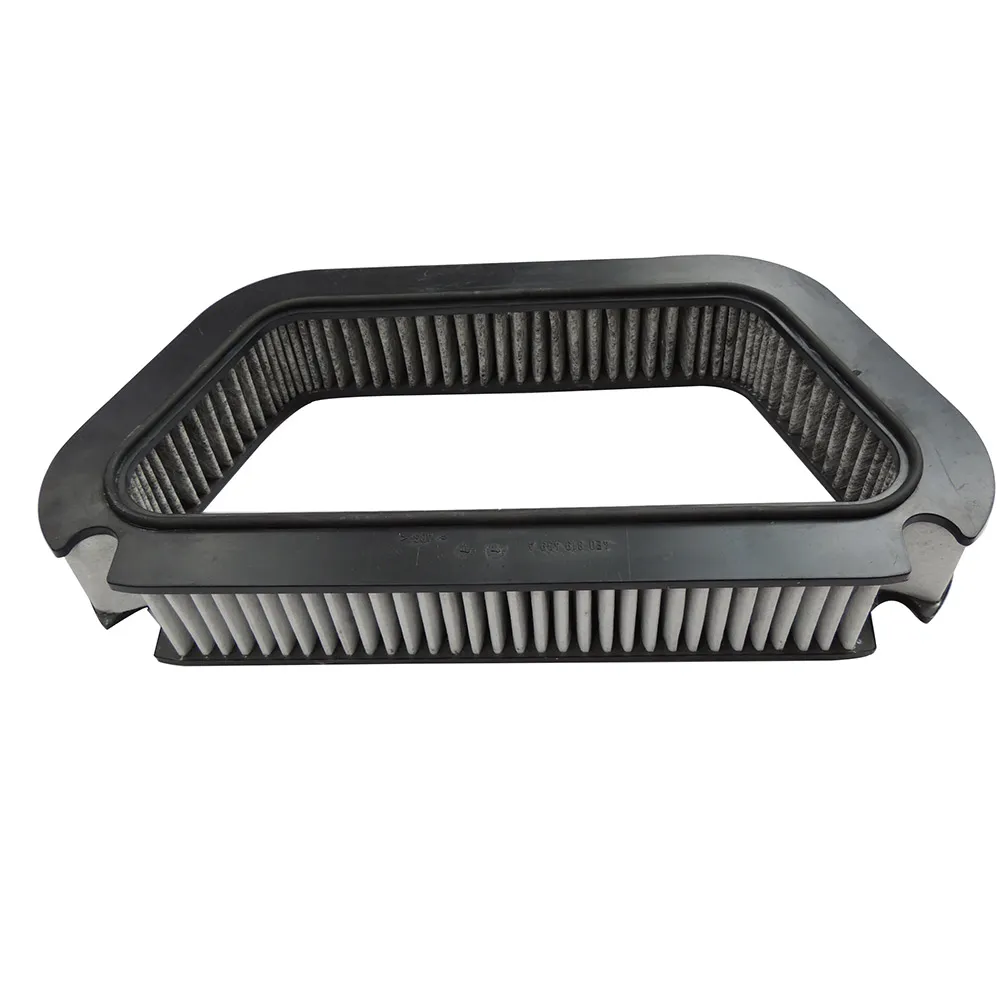
Figure 1: Illustration of a multi-stage filtration system for liquid fuels.
The manufacturing processes for the filter media itself can involve sophisticated techniques such as melt-blown extrusion for polymer fibers, creating a dense, tortuous path for particles, or precision weaving/sintering for metallic meshes. Each manufacturing step, from injection molding of the funnel housing to the assembly of the filter element, adheres to stringent quality control protocols. Key inspection standards include ISO 9001 for quality management systems, ensuring consistent product quality, and ASTM standards for material properties and performance testing (e.g., ASTM D7619 for water and particulate removal efficiency). Post-production, filters undergo rigorous testing for burst pressure, flow rate consistency, and filtration efficiency, sometimes incorporating simulated fuel compositions to validate long-term performance. The typical service life of a well-maintained gasoline filter funnel can range from several months to a few years, depending on fuel quality and usage frequency. These filters find extensive application across diverse sectors including petrochemical, metallurgy, marine, aviation, and civil engineering, where they play a crucial role in preventing machinery damage, enhancing operational reliability, and ensuring energy efficiency by reducing frictional losses and preventing engine fouling, which collectively contribute to substantial energy savings and corrosion prevention in fuel systems.
Technical Specifications and Performance Metrics: A Data-Driven Approach
Selecting the appropriate gasoline filter funnel requires a comprehensive understanding of its technical specifications and performance metrics. These parameters directly influence the filter's effectiveness, compatibility, and overall value proposition for industrial applications. Key technical data often includes the micron rating, which indicates the smallest particle size the filter can reliably remove (e.g., 10-micron for standard protection, 2-micron for high-precision applications). Flow rate, measured in liters per minute (LPM) or gallons per minute (GPM), dictates how quickly fuel can be processed without compromising filtration efficiency. Material compatibility with various fuel types, including gasoline, diesel, kerosene, and specific additives, is also critical to prevent material degradation and potential leakage. The design pressure rating ensures the funnel can withstand the operational pressures of different fueling systems without structural failure.
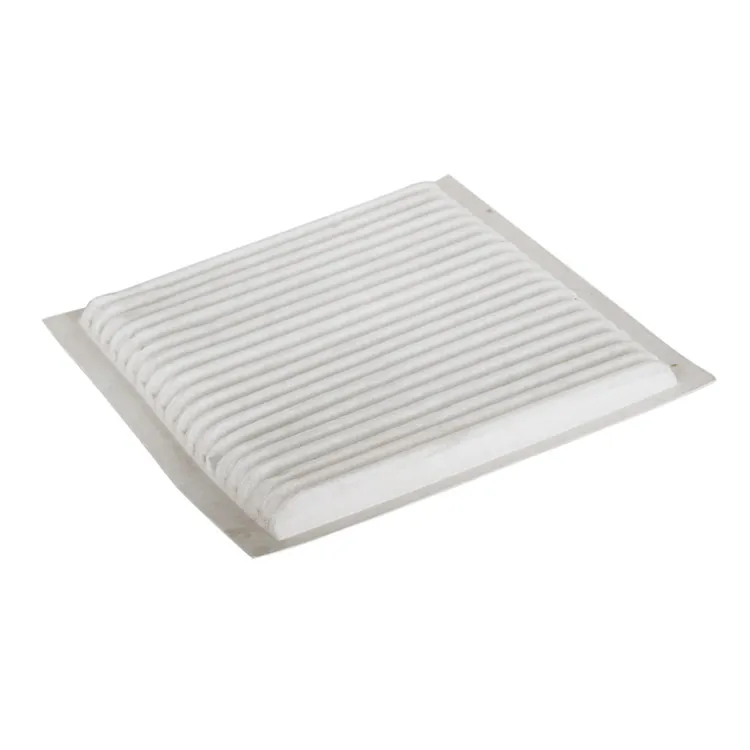
Figure 2: Advanced filtration media showcasing multi-layer design for superior particle capture.
For enhanced clarity and comparative analysis, the following table summarizes typical parameters for high-quality gasoline filter funnels found in industrial settings, alongside their associated benefits. This data-driven approach allows B2B decision-makers to quantitatively assess product suitability against specific operational requirements and budget constraints, potentially influencing the overall gas filter cost through extended equipment life and reduced maintenance. The inclusion of water separation efficiency, often expressed as a percentage, is crucial for applications where moisture ingress is a significant concern, such as marine environments or regions with high humidity. Furthermore, understanding the differential pressure rating helps predict when a filter element may need replacement, as increased differential pressure indicates clogging.
Diverse Applications and Strategic Advantages in Industrial Contexts
The versatility of a high-quality gasoline filter funnel extends its application across a myriad of demanding industrial and commercial environments. In the petrochemical industry, these funnels are indispensable for transferring fuels between storage tanks, during refinery processes, or for quality control checks, ensuring that no particulate matter compromises subsequent refining stages or end-product quality. For heavy machinery and construction fleets, where equipment often operates in dusty, challenging conditions, a robust gasoline filter funnel serves as the first line of defense against contaminated fuel, directly impacting the longevity of expensive diesel engines and hydraulic systems. This proactive filtration significantly reduces wear on injectors, fuel pumps, and other precision components, leading to substantial savings on repair and replacement costs.
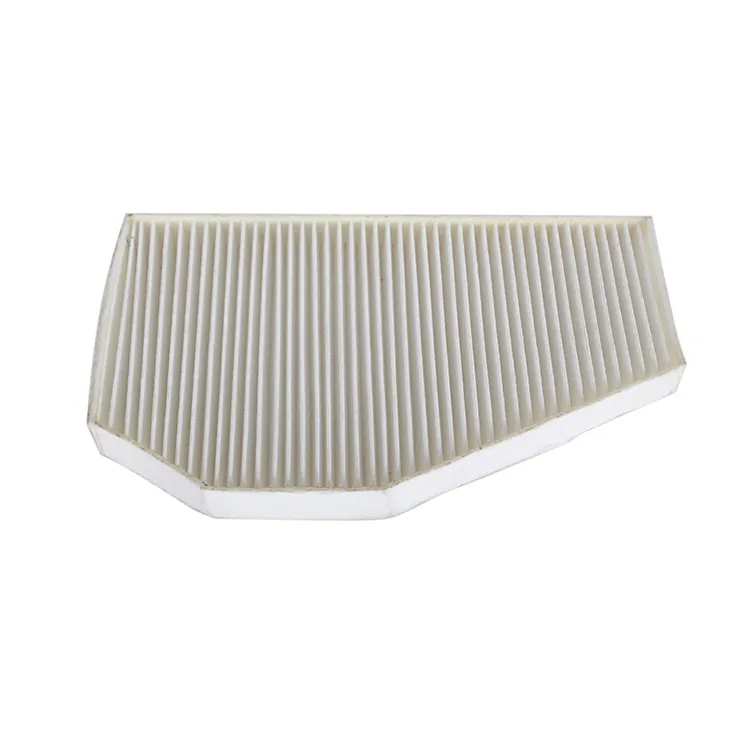
Figure 3: Typical application of a fuel filter funnel in an industrial fueling station.
In the marine sector, where fuel contamination with seawater or condensation is a constant threat, specialized gasoline strainer funnels with advanced water-blocking technology are crucial for protecting sensitive marine engines from catastrophic damage. Similarly, agricultural operations benefit immensely, as farm equipment frequently refuels from mobile tanks where fuel quality can be inconsistent. Even in power generation facilities using generator sets, proper fuel filtration ensures uninterrupted operation and extends the lifespan of critical power assets. The technical advantages are compelling: superior particle removal efficiency, often down to 2 microns, prevents abrasive wear; effective water separation eliminates rust, microbial growth, and emulsification; and anti-static properties mitigate fire hazards during fueling. These combined benefits translate into extended equipment lifespan, reduced maintenance intervals, improved fuel economy by maintaining optimal combustion, and enhanced operational safety, ultimately leading to a significant reduction in overall operating expenditures and a boost in productivity for any organization handling liquid fuels.
Manufacturer Comparison, Customization, and Case Studies for Informed Procurement
When procuring a gasoline filter funnel, B2B buyers often face a choice between various manufacturers, each offering distinct product lines and capabilities. Key differentiators include filter media technology (e.g., AquaSorb™ media for superior water absorption, or advanced polymer mesh for chemical resistance), flow rate capabilities, and robustness of construction. Leading manufacturers typically adhere to internationally recognized standards such as ISO 9001 and may possess specific certifications like ATEX for explosive atmospheres or FDA compliance for certain food-grade applications (though less common for gasoline). A critical aspect for industrial clients is the availability of custom solutions. For instance, a client might require a specialized gasoline strainer with a higher flow rate for bulk fuel transfer, a specific port size, or a unique material composition for compatibility with exotic fuels or harsh environmental conditions. Reputable suppliers often provide engineering consultation services to design and fabricate bespoke filtration solutions that integrate seamlessly into existing infrastructure and meet unique operational demands, ensuring optimal performance and compliance.
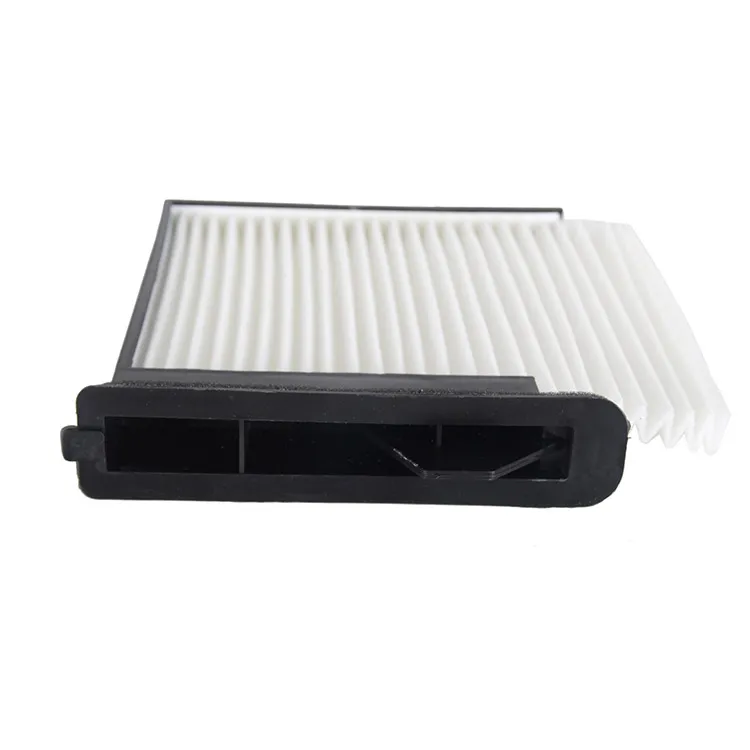
Figure 4: Customizable design elements of industrial filter funnels, emphasizing bespoke solutions.
Consider a real-world application case: A large-scale mining operation was experiencing frequent downtime due to fuel contamination affecting their heavy earthmoving equipment. Traditional methods were insufficient. After consulting with a specialized filtration provider, they implemented custom-designed, high-capacity gasoline filter funnel units equipped with multi-stage filtration (25-micron particulate pre-filter followed by a 10-micron water block) at their on-site fuel depots. This intervention resulted in a documented 40% reduction in fuel system-related breakdowns over 12 months, saving an estimated $250,000 in repair and lost productivity costs, significantly impacting their overall gas filter cost and operational efficiency. Another instance involved a marine logistics company facing persistent issues with water in their diesel fuel, leading to injector corrosion. By deploying advanced hydrophobic filter funnels at every refueling point, they virtually eliminated water contamination, extending engine life by an average of 15% and reducing costly unscheduled maintenance by 30%. These examples underscore the tangible benefits of investing in high-quality, often customized, filtration solutions from experienced manufacturers.
Ensuring Reliability and Trust: Certifications, Warranty, and Support
For B2B entities, the credibility of a supplier and the reliability of their products are paramount. When considering a gasoline filter funnel supplier, evaluating their commitment to quality through industry certifications is crucial. A company holding ISO 9001:2015 certification demonstrates a robust quality management system, ensuring consistent product manufacturing and customer satisfaction. Furthermore, products that meet specific performance benchmarks, such as those set by independent testing laboratories, or adhere to regional safety standards (e.g., CE marking for European markets, UL listing for certain electrical components if applicable to fueling systems) provide additional layers of assurance. Companies with long-standing service records, perhaps exceeding 15-20 years in the filtration industry, typically possess invaluable accumulated experience and a proven track record of delivering reliable solutions. Their portfolio often includes collaborations with leading industrial enterprises, further validating their authoritative position in the market.
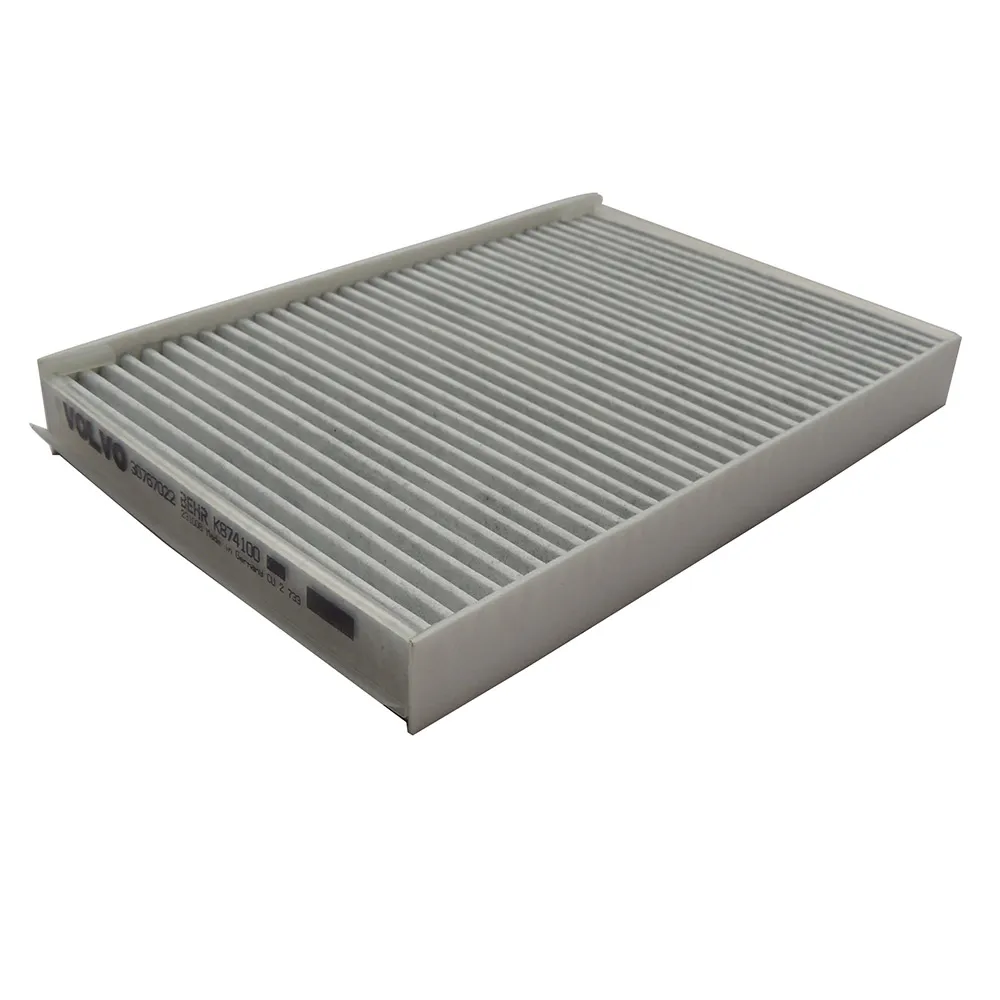
Figure 5: Quality assurance testing in a certified manufacturing facility.
Transparency in product testing data, often presented in technical datasheets with performance curves for flow rate vs. pressure drop or filtration efficiency vs. particle size, empowers technical decision-makers. Reputable manufacturers frequently offer comprehensive warranty periods, typically ranging from 1 to 5 years, against manufacturing defects, underscoring their confidence in product durability. Clear statements on average delivery cycles are also vital for supply chain planning; for standard products, this might be 1-2 weeks, while customized solutions could range from 4-8 weeks depending on complexity. Crucially, access to responsive customer support, including technical assistance for installation, troubleshooting, and maintenance guidance, can significantly impact the long-term operational efficiency and overall satisfaction with the gasoline filter funnel solution. Companies offering dedicated technical hotlines, online knowledge bases, and field service support ensure that clients receive timely and expert assistance, minimizing potential disruptions and optimizing the return on investment.
Frequently Asked Questions (FAQs) and Commitment to Excellence
To further instill confidence and address common queries, here is an FAQ section regarding the procurement and usage of a gasoline filter funnel:
- Q1: How often should a gasoline filter funnel be replaced?
A1: The replacement interval depends on the quality of fuel being filtered and the volume processed. For typical industrial use, the filter media should be inspected regularly and replaced when a noticeable decrease in flow rate occurs, indicating clogging, or if visual inspection reveals significant contamination. Manufacturers usually provide guidelines based on volume throughput. - Q2: Can the filter media in a gasoline filter funnel be cleaned and reused?
A2: While some coarser gasoline strainer designs with stainless steel mesh can be cleaned, most high-efficiency filter funnels utilize non-woven polymer or cellulose media that are designed for single use. Attempting to clean these fine media can damage their structure, compromising filtration efficiency and potentially releasing trapped contaminants. Always refer to the manufacturer's recommendations. - Q3: What makes a gasoline filter funnel "anti-static"? Why is this important?
A3: An anti-static gasoline filter funnel is constructed from materials that dissipate static electricity buildup during fuel transfer. Fuel flowing through plastic can generate static charges, which, in the presence of flammable gasoline vapors, can lead to dangerous sparks and potential explosions. Anti-static materials safely discharge this buildup, making them essential for safety in fueling operations. - Q4: Do these funnels work with other petroleum products, like diesel or kerosene?
A4: Many gasoline filter funnel designs are compatible with various petroleum products, including diesel, kerosene, and heating oil, due to their robust chemical-resistant construction. However, it's crucial to verify material compatibility and filtration specifications with the manufacturer to ensure optimal performance and prevent material degradation for specific fuel types or additives.
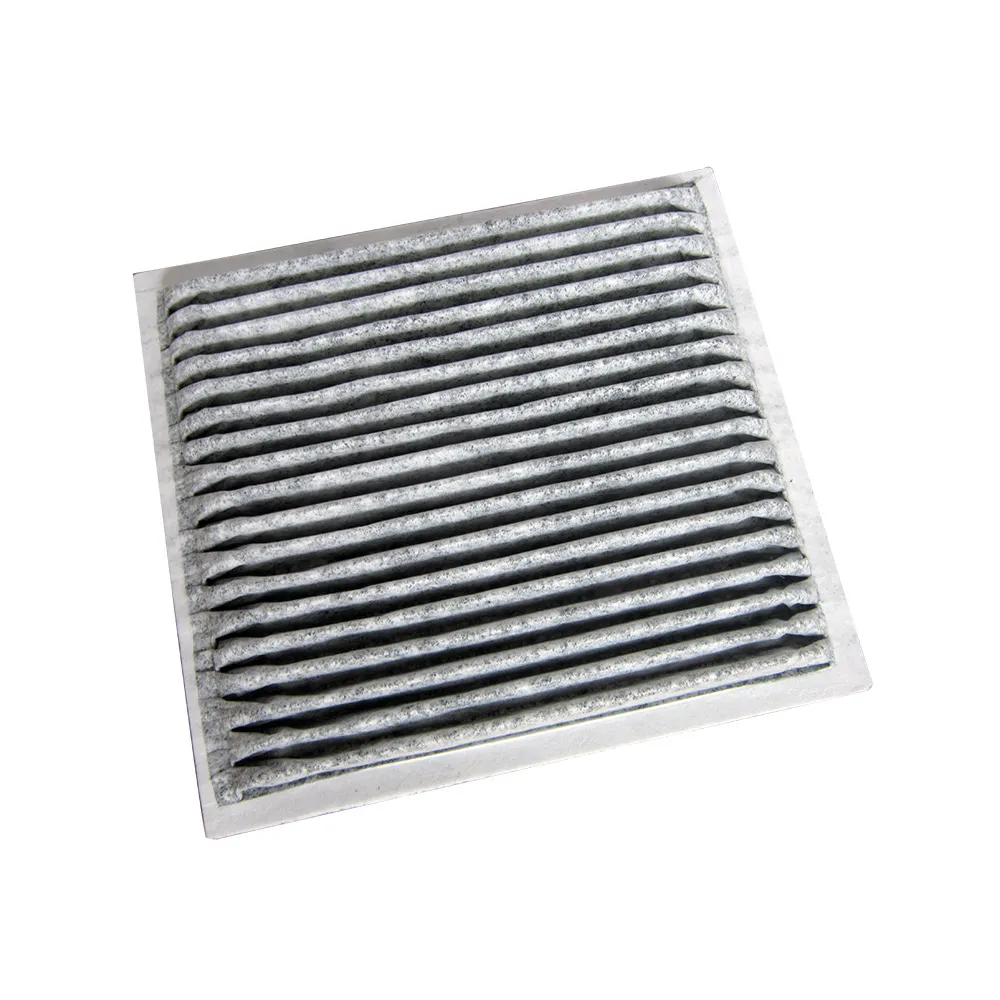
Figure 6: Dedicated technical support for industrial filtration solutions.
Our commitment extends beyond providing superior filtration products. We stand by the quality of our Gasoline Filter solutions with a robust product warranty, typically covering manufacturing defects for a specified period, ensuring your investment is protected. Our average delivery cycle for standard models is streamlined for efficiency, usually within 7-14 business days, with expedited options available upon request. For custom-engineered solutions, our team works closely with clients to establish realistic timelines, typically ranging from 4-8 weeks, depending on design complexity and material sourcing. We also offer comprehensive after-sales support, including technical consultations, troubleshooting guides, and a dedicated customer service team ready to assist with any inquiries, ensuring seamless integration and optimal performance of your filtration systems throughout their operational lifespan.
References
- MarketsandMarkets. "Fuel Filter Market - Global Forecast to 2030." Industry Analysis, 2023.
- ASTM International. "ASTM D7619 - Standard Test Method for Water and Particulate Removal Efficiency of Fuel Filter Systems."
- International Organization for Standardization. "ISO 9001:2015 Quality management systems - Requirements."
- Fluid Power Journal. "The Importance of Fuel Filtration." Technical Article, 2021.
-
The Hidden Benefits of Proper Cabin Filter Use in Your VehicleNewsJul.31,2025
-
Replacing Your Gasoline Filter at HomeNewsJul.31,2025
-
How Often Should You Replace Your Car Air Cabin Filter?NewsJul.31,2025
-
How Much Does a Car Air Filter Cost?NewsJul.31,2025
-
Car Fuel Filter Price GuideNewsJul.31,2025
-
Best Car Air Purifiers for Allergy SufferersNewsJul.31,2025
-
Vehicle Performance with Premium Car Filter SolutionsNewsJul.02,2025
Related Products




